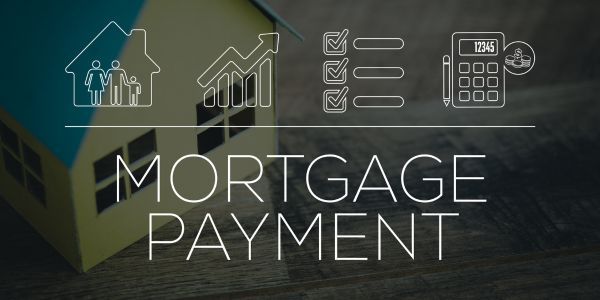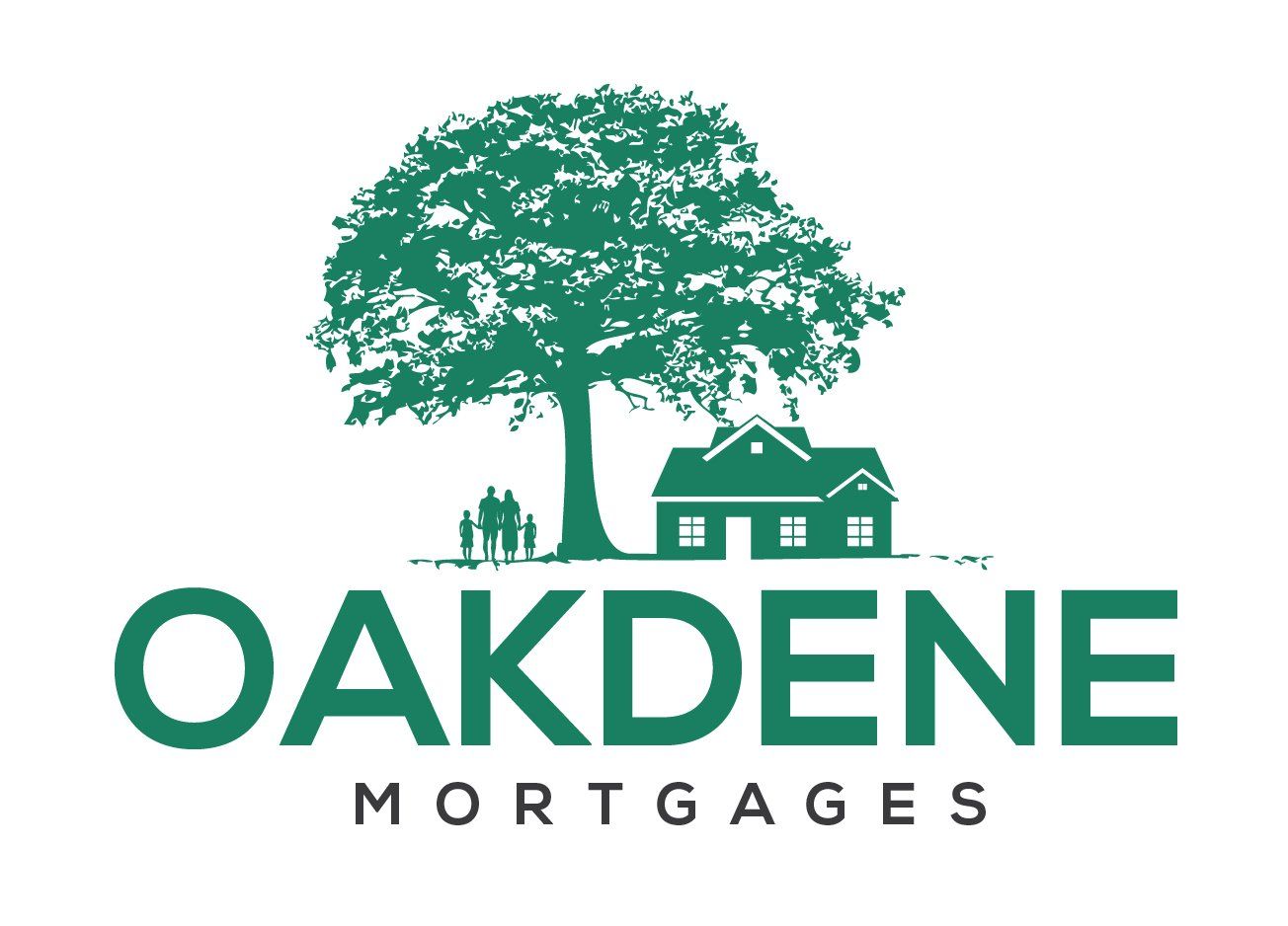by Rebecca Geer
•
9 December 2025
According to a new study, many UK adults do not feel confident that their family would be financially secure in the event of their death. In the survey, 2,000 consumers were asked about their financial confidence if the worst happened. Only one in five (22%) respondents felt ‘very confident’ that their family would be financially protected if they passed away. Meanwhile, a third thought their loved ones would ‘manage for a while’ and a quarter (23%) were not at all sure if their family would be able to cope financially. The generational difference The report showed that attitudes towards financial security varied depending on age, gender and type of workplace. Interestingly, 45 to 54-year-olds were the least confident, with a third (33%) believing that their loved ones would not be financially secure if they died. Only one in ten of this age group were sure that their family would be in a stable position. On the other hand, 25 to 34-year-olds were the most confident age group, with 75% feeling certain their family would be sufficiently protected. This notable disparity could be because 45 to 54-year-olds typically have more dependents than the younger generation. The gender gap Two-thirds (67%) of men felt confident about their family’s financial position, but only half (49%) of women felt the same. Moreover, women were nearly twice as likely to say that their loved ones would face serious financial challenges if they died (9% of women vs 5% of men). The impact of employment status The size of workplace appeared to have an impact on financial confidence; employees at larger companies (with 250+ staff) felt the most assured about leaving their family in a secure financial position. On the other hand, those working in smaller businesses (fewer than 50 employees) were the least confident, with 46% believing that their family would cope without them. The importance of protection Jack Southcott at The Exeter commented on the findings, “Increasing consumer awareness of the valuable safety net provided by protection insurance products is essential in improving the financial resilience of UK households. Products such as life insurance can provide greater reassurance for individuals and their loved ones if the worst happens. It’s also important that consumers consider speaking to their adviser about putting a policy in trust or nominating beneficiaries to ensure any benefit paid goes to the right people without delay.” Boost your confidence If you’re feeling unsure about how your family would cope in the event of your death, we’re here to help. By implementing protection that works for you, you can have peace of mind that your loved ones will have the support they need at difficult time. As with all insurance policies, conditions and exclusions will apply Sources: https://www.actuarialpost.co.uk/article/only-1-in-5-feel-financially-confident-if-the-worst-happened-25653.htm







